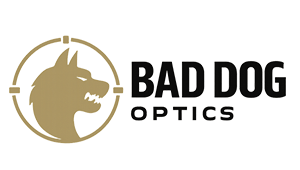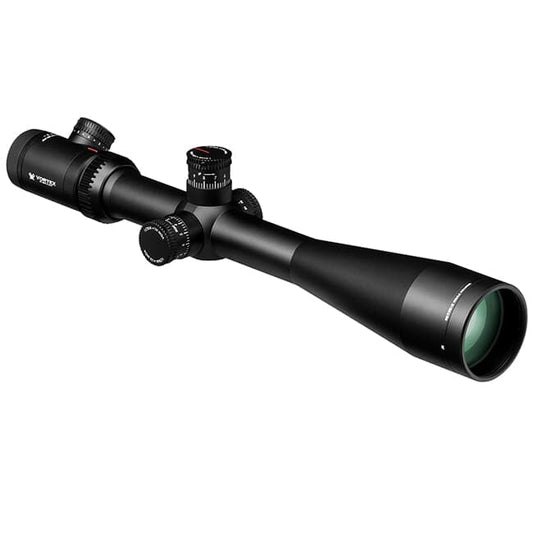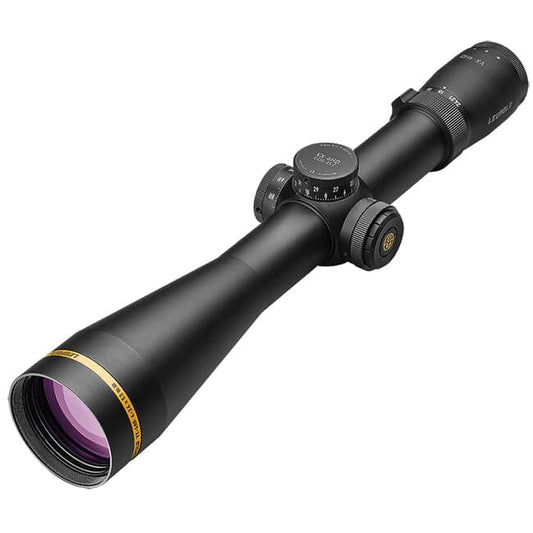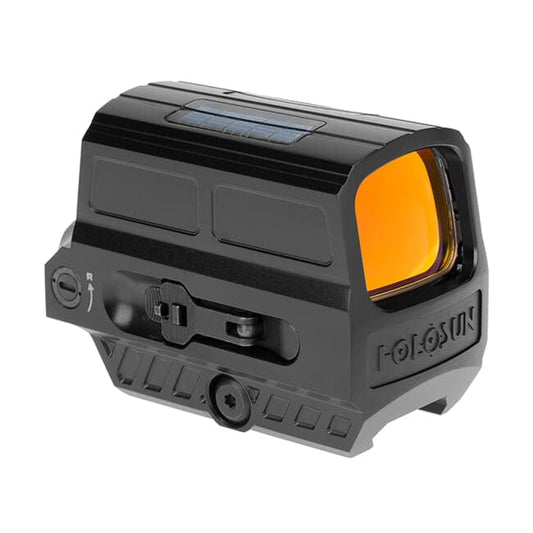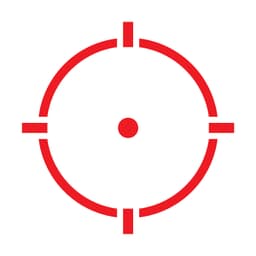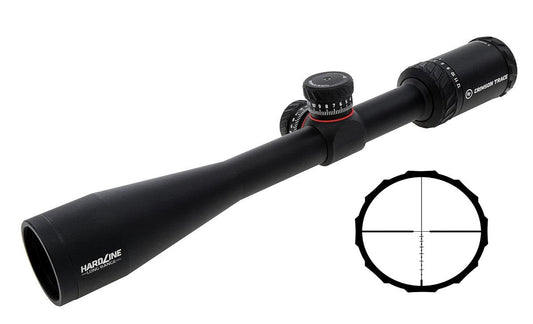

Crimson Trace Hardline 4-12x40 1" Bdc Lr rifle scope provides precise targeting and clarity, making it a reliable choice for both novice and experienced shooters. Its 4-12x magnification range allows for effective engagement with targets at varying distances, from the range to the field. The BDC LR reticle is designed for quick target acquisition, ensuring you can hit your mark confidently, even in challenging light conditions.
This scope features high-quality fully multi-coated optics that enhance brightness and clarity, improving visibility in low-light scenarios. Constructed from aircraft-grade aluminum, it is built to withstand rugged outdoor conditions while maintaining a lightweight profile. Whether for hunting or competitive shooting, the Crimson Trace Hardline equips you with the tools necessary for improved performance.
Key Features:
- ENHANCED CLARITY for spotting targets in low light, ensuring you never miss an opportunity.
- VERSATILE MAGNIFICATION from 4-12x allows for precision in both short and long-range scenarios.
- USER-FRIENDLY RETICLE simplifies aiming, boosting your shooting confidence.
- RUGGED CONSTRUCTION provides durability and reliability, even in tough environments.
- WATER AND FOG PROOF ensures consistent visibility and performance in all weather conditions.
- ADJUSTABLE PARALLAX control enhances accuracy at various distances, making it adaptable for different shooting styles.
- LIGHTWEIGHT DESIGN improves handling without sacrificing stability, perfect for extended use.
- BLACK ANODIZED FINISH reduces glare and provides a sleek appearance that complements your firearm.
Technical Specifications Table
| Specification | Details |
|---|---|
| Magnification | 4-12x |
| Lens Diameter | 40mm |
| Weight | 15.5 oz |
| Dimensions | 12.5 x 2.5 inches |
| Material | Aircraft-grade aluminum |
What’s in the Box?
- Crimson Trace Hardline 4-12x40 1" Bdc Lr Riflescope
- Lens covers
- Padded case
- Neck strap
- User manual
Customer Reviews
"I've used the Crimson Trace Hardline for several hunting trips, and it has never let me down! The clarity at dawn is simply amazing." - Alex M.
"As a competitive shooter, the precision this scope provides is unmatched. Highly recommended!" - Sarah T.
FAQ
Q: How well does the Crimson Trace Hardline perform in low light conditions?
A: The scope features high-quality lenses that enhance clarity and brightness, allowing for clear visibility during dawn or dusk hunts. This makes it an excellent choice for low light conditions.
Q: Can I use this scope for long-range shooting?
A: Absolutely! The 4-12x magnification range makes it suitable for both short and long-range shooting. The BDC LR reticle also aids in quick target acquisition and accuracy over distances.
Q: Is this scope waterproof?
A: Yes, the Crimson Trace Hardline is designed to be waterproof and fog proof, ensuring it performs well in various weather conditions.
Similar Models
Looking for more exceptional optics? Explore our extensive collection of Crimson Trace products, including the Crimson Trace 3-9x40 for compact versatility and the Crimson Trace 6-24x50 for high-end long-range capabilities. Find the perfect match for your shooting needs today!
You May Also Like
Here’s some of our most similar products people are buying. Click to discover trending style.
